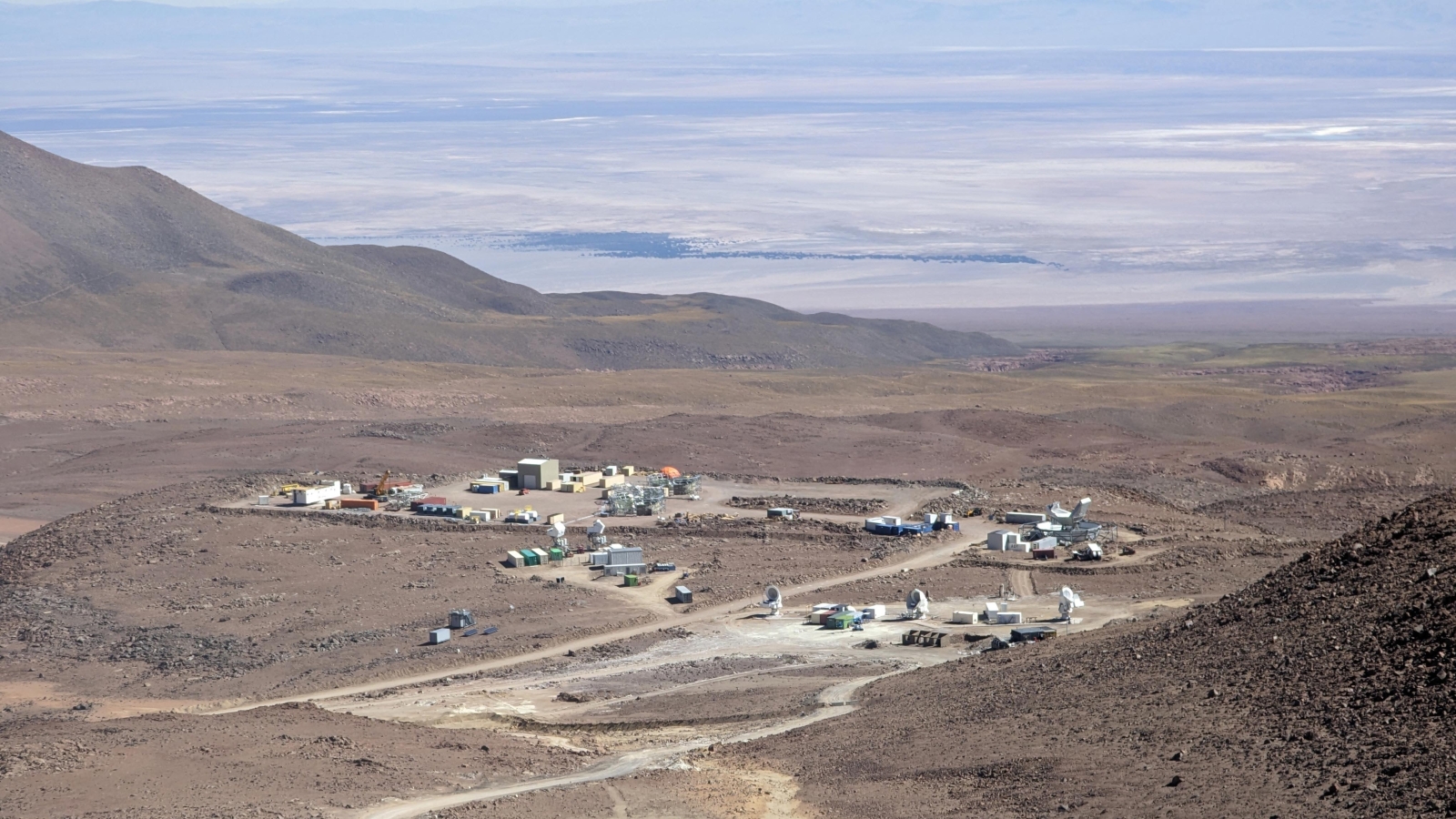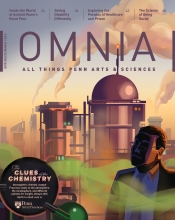Mark Devlin and Colleagues Awarded NSF Grant to Upgrade Prominent Observatory
The Reese W. Flower Professor of Astronomy and Astrophysics will oversee state-of-the-art improvements to the Simons Observatory.

Mark Devlin, Reese W. Flower Professor of Astronomy and Astrophysics, and colleagues have been awarded a Mid-Scale Research Infrastructure-2 grant from the National Science Foundation. Devlin will act as the principal investigator, with co-investigators at Princeton University and the University of Chicago, and collaborators at other institutions in the United States and abroad. Mathew Madhavacheril, Assistant Professor of Physics and Astronomy, and James Aguirre, Associate Professor of Physics and Astronomy, will also be instrumental in the project.
The $52.66 million grant will fund a major infrastructure upgrade to the Simons Observatory (SO). Located in the high Atacama Desert in Northern Chile at an altitude of about 17,000 feet, SO provides scientists an unprecedented glimpse into the nature of fundamental physical processes that have governed the origin and evolution of the universe since the dawn of time itself.
A five-year project phase will result in the completion of the upgraded Advanced Simons Observatory (ASO). These updates will double the mapping speed of the Large Aperture Telescope (LAT) receiver and offer myriad improvements to instrumentation, efficiency, and sustainability as it relates to the observatory, and community-focused data sharing. The project phase will be followed by five years of observations (through 2033), which will produce a legacy large-scale millimeter-wave survey of the sky.
On the sustainability front, ASO will establish a new paradigm for green observatories at remote sites, replacing 70 percent of the power at the site with solar energy, which will save up to 2 million kilograms of CO2 emission per year and allow for more observation, with more sensitive results.
The grant also advances both University and School commitments to data science. The public nature of survey data, and the collaborative atmosphere encouraged by such sharing, means that ASO findings will go on to fuel student projects and papers, creating future leaders in the field. For more work from Devlin, see p. 9.
Header image: A view of the Simons Observatory (back left) under construction. The Penn/Princeton Atacama Cosmology Telescope is in the back right. Penn first developed the site, which sits at 17,000 feet in the Atacama Desert of Northern Chile, in 1998. (Image: Mark Devlin)



